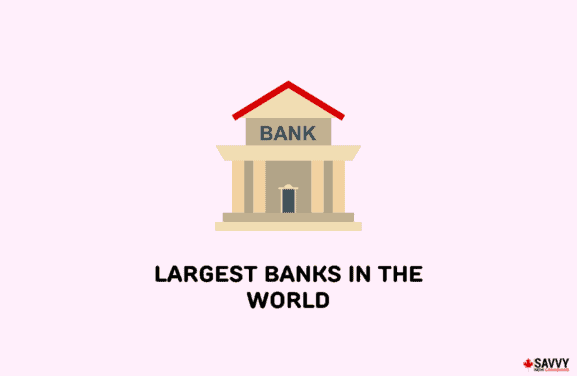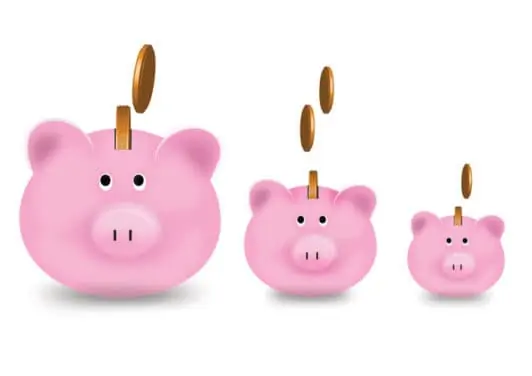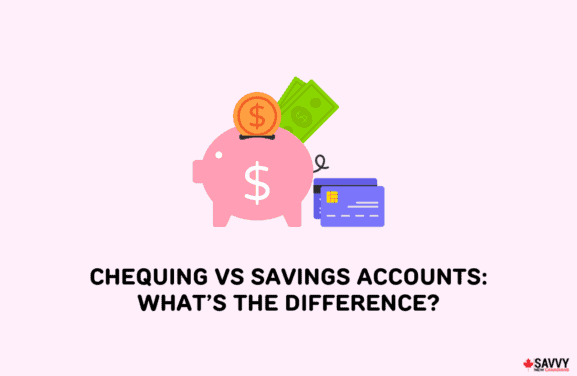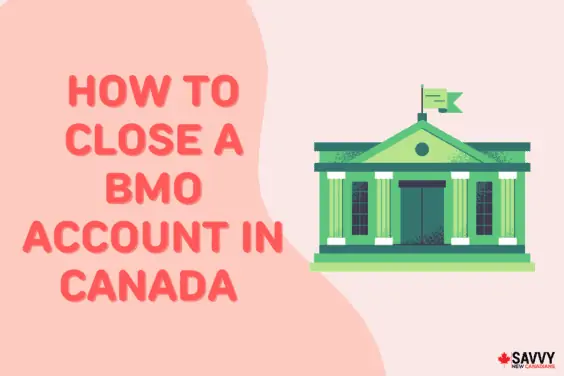Have you ever needed to hand over a large sum of money but didn’t want to use cash? Chances are that you used either a certified cheque, a money order, or a bank draft to complete the transaction. All three are alternative payment methods when cash or credit cards are not feasible.
In Canada, each of these can be obtained at a financial institution. The money order is the only one of the three that is available at non-bank outlets. While all of these payment methods are widely accepted by businesses, they each come with their benefits, limitations, and fees.
In this article, I’ll be discussing the differences and similarities in Canada between a money order, a certified cheque, and a bank draft.
What is a Money Order?
Money orders have certainly fallen out of favour since the invention of electronic money transfers. These are a form of payment that is guaranteed to the payee.
You can purchase a money order at a bank or a Canada Post outlet. After specifying who the money order is for, you can send it directly through the mail or provide it in person.
The payee needs to cash in a money order at a bank or Canada Post outlet as well. Note there is generally a limit of $1,000 on a money order in Canada, as well as additional fees. You will need to pay for the money order upfront, so you will need to have those funds available.
Pros and Cons of a Money Order
Money orders are convenient for those people without a chequing account at a bank. You can also send it through the mail as only the payee can cash a money order in. Note that if the payee does not cash it, a money order in Canada is fully refundable.
Furthermore, a money order is often a cheaper way of sending money internationally. The fees are typically less than that of a wire transfer. Keep in mind money orders only come in a select few currencies.
It’s not all good news, though. Money orders have a limit of $1,000, which might not be enough. You can purchase multiple money orders if required. On top of that, you will have to pay a small fee for processing the money order.
What is a Certified Cheque?
A certified cheque is another form of guaranteed payment that is issued only by a financial institution. The bank or institution can certify the amount of the cheque because they make sure you have enough funds in your bank account.
This is another form of payment that has declined in usage because of electronic transfers. Certified cheques come with higher fees and are not cancellable once issued. In rare cases, a normal cheque can be certified by a bank with an official stamp or seal.
Pros and Cons of a Certified Cheque
Payees like receiving certified cheques because, as I mentioned, they are certified by the banks. This means they are guaranteed to receive those funds from the payer.
The added security of having a bank certifying the cheque prevents additional fees if a non-certified cheque were to bounce. It also gives the payer the peace of mind that only the payee can cash it.
Unlike electronic transfers, certified cheques come with higher than normal fees. Typically in Canada, they can cost as much as $20.00. There is no way to cancel a certified cheque except by ripping it up before handing it over to the payee.
If you made an error, you’ll be out of the processing fee you had to pay to certify the cheque.
What is a Bank Draft?
Bank drafts are issued and guaranteed by a bank or credit union. As with a certified cheque, you must have the funds readily available in your account. The bank will immediately withdraw the amount until the payee cashes the draft.
There is no limit on a bank draft as long as you have the funds available. These are often used for major purchases like a vehicle, a house, or paying for services from a business.
There is a fee for a bank draft, although they are often lower than for a certified cheque.
Pros and Cons of a Bank Draft
Bank drafts are excellent ways to provide or receive a guaranteed payment. They tend to have lower fees than a certified cheque and deduct the funds immediately from the payer’s account.
They also have no limits, which can be one disadvantage of a money order. Electronic transferring has replaced some elements of the bank draft, but eTransfers also come with a daily limit.
How to Choose Between a Money Order, Certified Cheque, and Bank Draft
Ultimately the payment method you choose will be up to the circumstances of the transaction.
If it is a larger payment amount, you’ll need to use a certified cheque or a bank draft. For those who do not have a bank account or are unable to get to a bank location, then a money order makes more sense.
Since most people likely have a bank account to draw from, the decision will often come down to a bank draft vs a certified cheque.
Money orders in Canada are often best suited for sending money internationally. All three payment methods are widely accepted for transactions that require a physical form of payment.
FAQs
Bank drafts tend to have lower processing fees than certified cheques. Both payment methods require the payer to have the funds available in their payment account.
A bank draft and a cashier’s check are often used synonymously, but they are different. A bank draft comes from the payer’s funds, whereas a cashier’s check comes from the bank’s funds. The payer would repay the bank in addition to a fee.
Bank drafts are best for large payments that exceed a credit card or eTransfer limit.
Not necessarily, even though the funds are confirmed by the bank that issued the cheque. The bank occasionally releases partial funds after one or two business days, but the standard wait is about three to five business days to clear.
Yes, the payee can deposit the bank draft directly into their accounts like cash or a standard cheque. Only the person whose name is on the bank draft as the payee can cash it.
Related: How to write a cheque.



